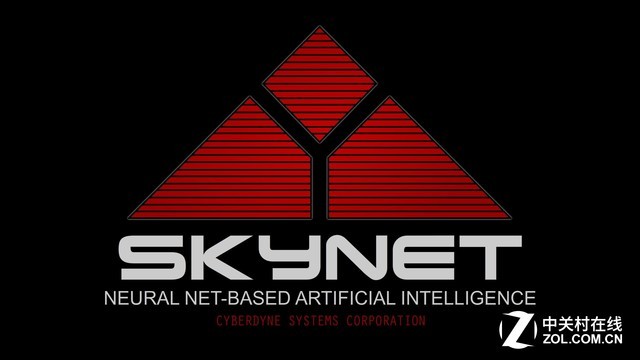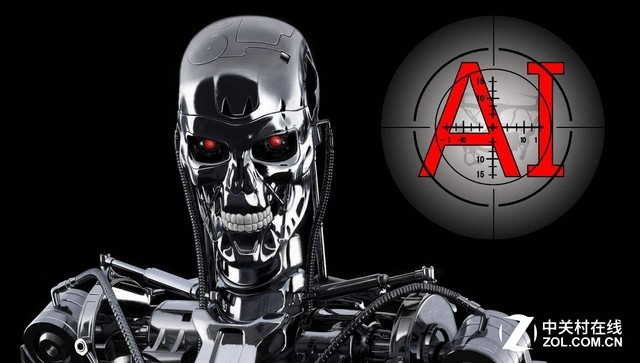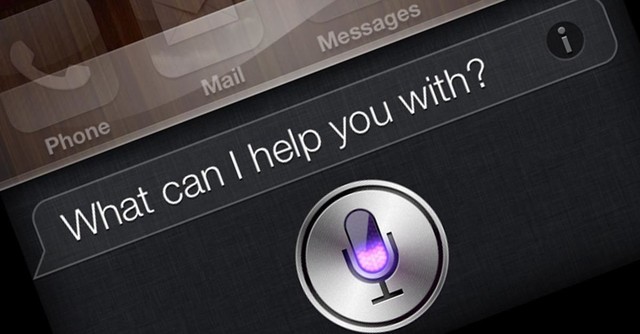"Comprehensive artificial intelligence may lead to the end of humanity. Machines could start on their own and continuously redesign themselves at an accelerating pace. Given the slow process of biological evolution, humans might not be able to keep up. They could be replaced." – Stephen Hawking

The "Terrain" in "The Terminator" nearly wiped out mankind. The idea of artificial intelligence has often been fueled by fear. When people first encountered these theoretical concepts and introduced them to the public, they were mostly the product of filmmakers. Some might wonder if this is still just a movie. However, Skynet from "The Terminator" and other AI concepts like it have become common in science fiction. It's possible that artificial intelligence could soon become another popular theme, following alien intelligence.
Many people fear AI as much as tigers do. But are these fears baseless? Not necessarily. The fact that such ideas are repeatedly discussed and supported by many shows that AI does pose a real potential threat to humans. AlphaGo defeating a professional Go player was once big news. But AlphaGo Zero recently defeated its predecessor with a stunning 100-0 score. This breakthrough in AI caused a huge reaction. What's the difference between AlphaGo and AlphaGo Zero?
AlphaGo vs. AlphaGo Zero AlphaGo Zero doesn't rely on human data or knowledge. It learns entirely through self-play. In just three days, it played 4.9 million games. It won 100-0 against its predecessor. Previously, AlphaGo had spent months studying 30 million human games before beating humans. Now, AlphaGo Zero isn't limited by human understanding. It can discover new strategies and develop new knowledge, making deep learning more effective for complex decisions. It's no surprise that the emergence of such a "monster" has once again triggered panic about strong AI replacing humans. Let's take a step back for a moment (we'll return to it later). First, let's look at some AI we encounter in daily life. A simple example is "Siri." Most of us interact with AI as an "audio assistant" through smart speakers and TVs. In other words, current AI isn't as dangerous as Skynet. It can help change channels or play songs, but it still can't fully replace a remote control. That’s the reality today.
Siri is also an "artificial mental retardation" So, can these "silly" systems evolve into something that conquers humanity? The answer is yes, but the time isn’t here yet. How would they take over? You might want to check the blueprint for the era of advanced AI written by the author.

The "Terrain" in "The Terminator" nearly wiped out mankind. The idea of artificial intelligence has often been fueled by fear. When people first encountered these theoretical concepts and introduced them to the public, they were mostly the product of filmmakers. Some might wonder if this is still just a movie. However, Skynet from "The Terminator" and other AI concepts like it have become common in science fiction. It's possible that artificial intelligence could soon become another popular theme, following alien intelligence.

Many people fear AI as much as tigers do. But are these fears baseless? Not necessarily. The fact that such ideas are repeatedly discussed and supported by many shows that AI does pose a real potential threat to humans. AlphaGo defeating a professional Go player was once big news. But AlphaGo Zero recently defeated its predecessor with a stunning 100-0 score. This breakthrough in AI caused a huge reaction. What's the difference between AlphaGo and AlphaGo Zero?

AlphaGo vs. AlphaGo Zero AlphaGo Zero doesn't rely on human data or knowledge. It learns entirely through self-play. In just three days, it played 4.9 million games. It won 100-0 against its predecessor. Previously, AlphaGo had spent months studying 30 million human games before beating humans. Now, AlphaGo Zero isn't limited by human understanding. It can discover new strategies and develop new knowledge, making deep learning more effective for complex decisions. It's no surprise that the emergence of such a "monster" has once again triggered panic about strong AI replacing humans. Let's take a step back for a moment (we'll return to it later). First, let's look at some AI we encounter in daily life. A simple example is "Siri." Most of us interact with AI as an "audio assistant" through smart speakers and TVs. In other words, current AI isn't as dangerous as Skynet. It can help change channels or play songs, but it still can't fully replace a remote control. That’s the reality today.

Siri is also an "artificial mental retardation" So, can these "silly" systems evolve into something that conquers humanity? The answer is yes, but the time isn’t here yet. How would they take over? You might want to check the blueprint for the era of advanced AI written by the author.
Paste Type Rotor,Dc Variable Frequency Motor Rotor,Dc Motor Rotor,Adhesive Dc Variable Frequency Rotor
Suzhou Mountain Industrial Control Equipment Co., Ltd , https://www.szmountain.com